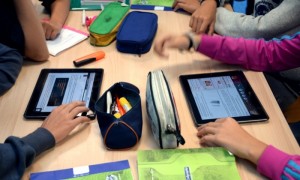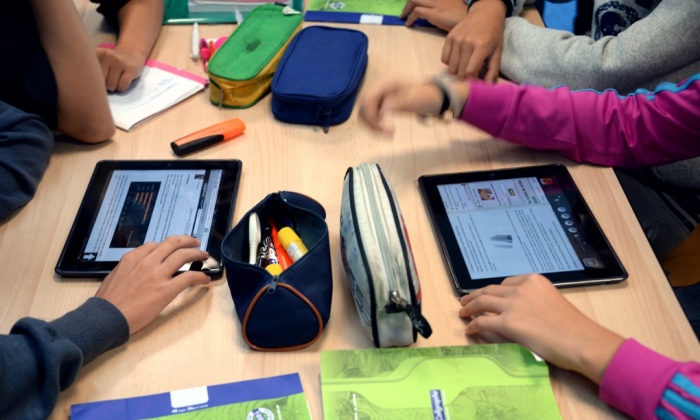Schools are being sold software to monitor pupils’ internet activity for extremism-related language such as “jihadi bride” and “YODO”, short for you only die once.

Several companies are producing “anti-radicalisation” software to monitor pupils’ internet activity ahead of the introduction of a legal requirement on schools to consider issues of terrorism and extremism among children.
Under the Counter-terrorism and Security Act 2015, which comes into force on 1 July, there is a requirement that schools “have due regard to the need to prevent pupils being drawn into terrorism”.
One company, Impero, has launched a pilot of its software in 16 locations in the UK as well as five in the US. Teachers can store screenshots of anything of concern that is flagged up by the software. Other companies offering anti-radicalisation software products to schools include Future Digital and Securus.
Impero has produced a glossary of trigger words such as “jihobbyist” (someone who sympathises with jihadi organisations but is not an active member) and “Message to America” (an Islamic State propaganda video series).
Schools involved with the Impero pilot already have contracts to buy or rent other software from the company, and are trialling the anti-radicalisation software at no extra charge. They are in areas including London, County Durham, Essex, Leicestershire, Warwickshire, Yorkshire and Staffordshire.
Yahya Birt, a Muslim academic specialising in British Islam, tweeted about the four-year-olds potentially being monitored for radicalisation: “They’re pre-lingual, let alone pre-political. It’s bonkers.”






